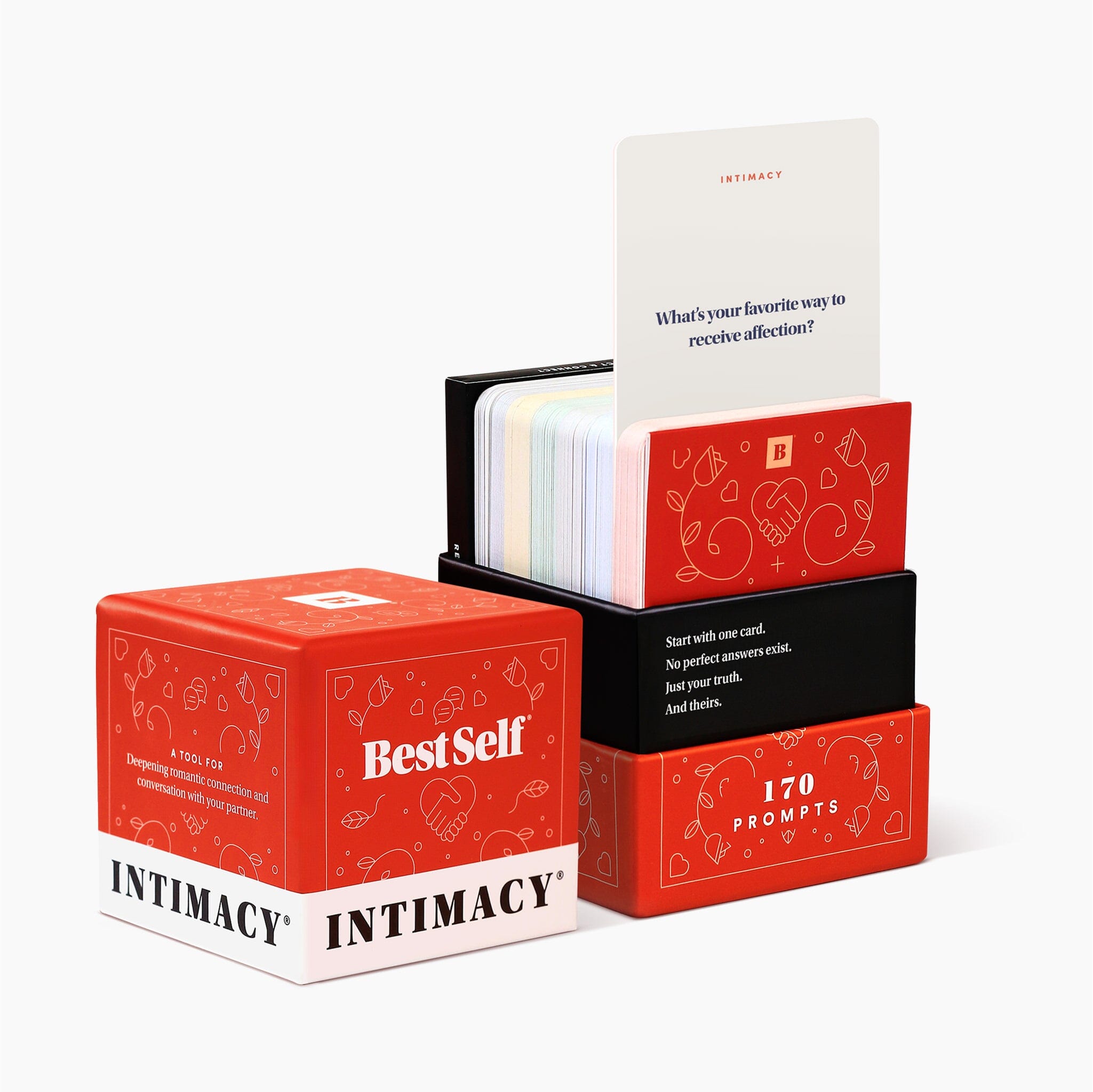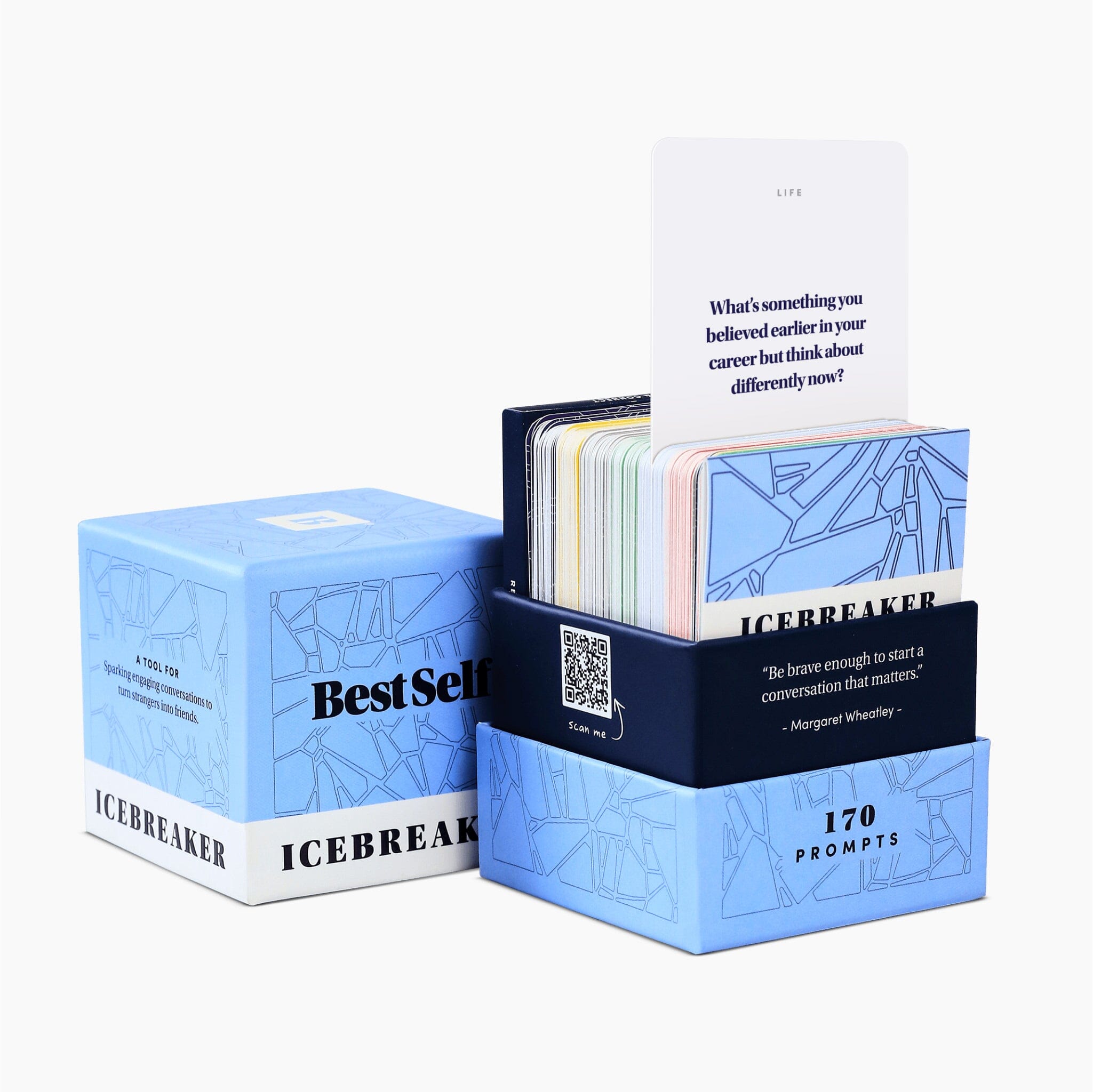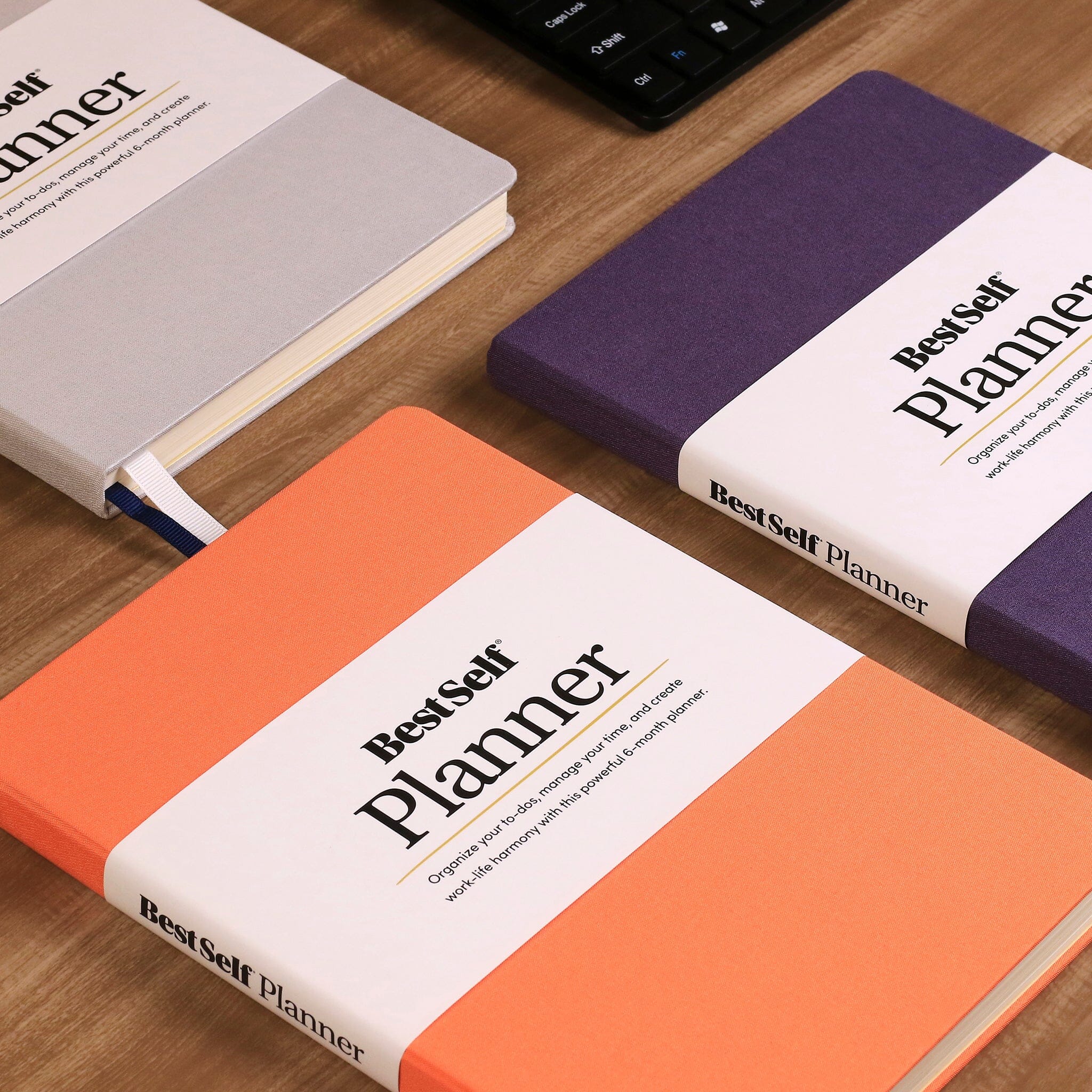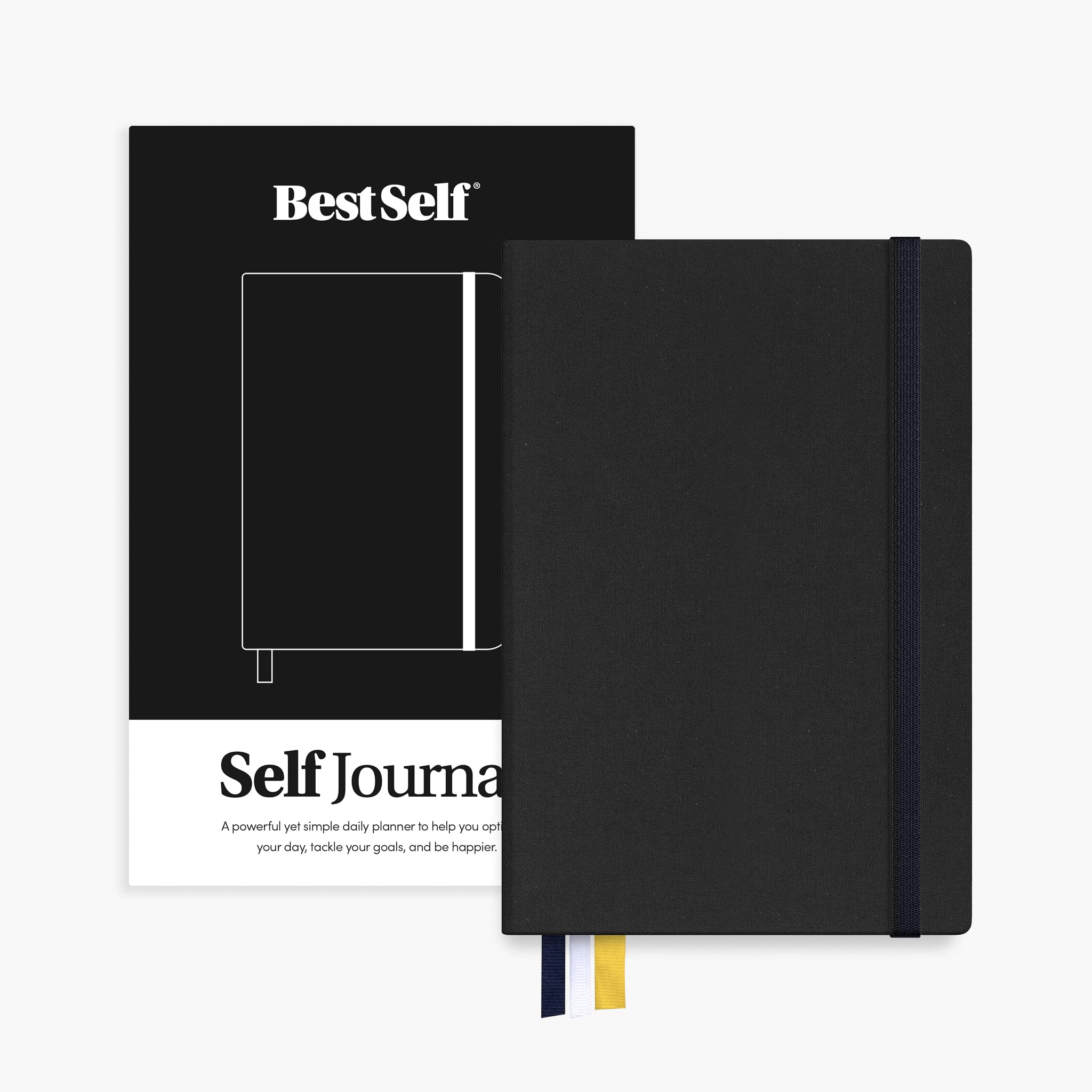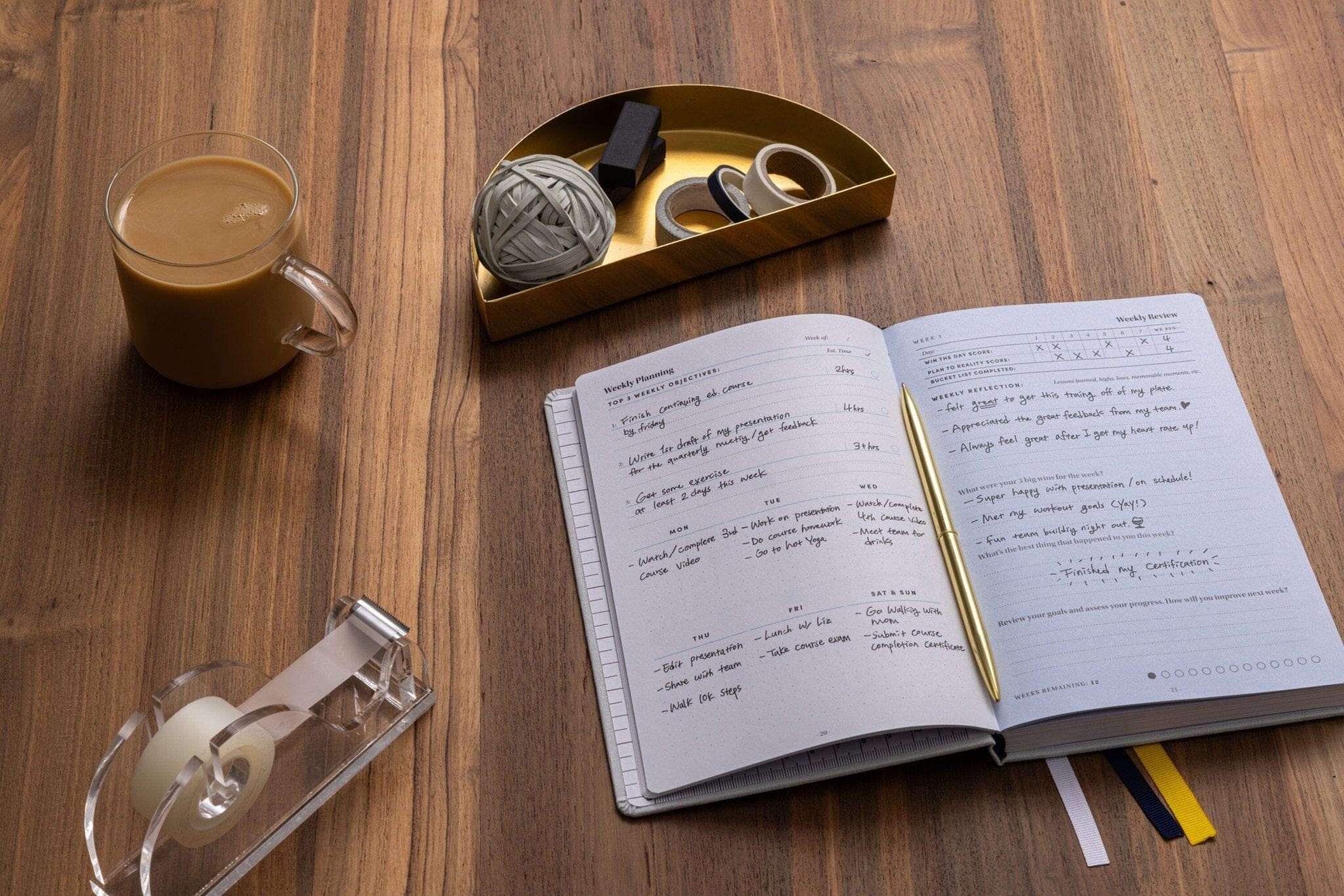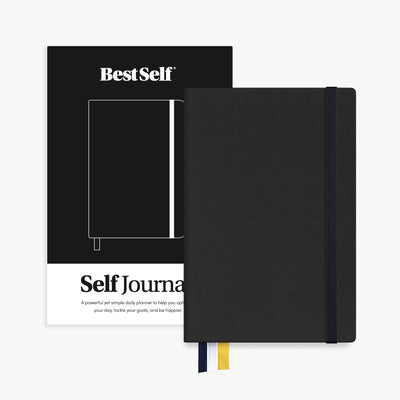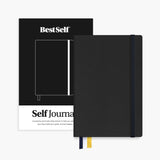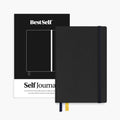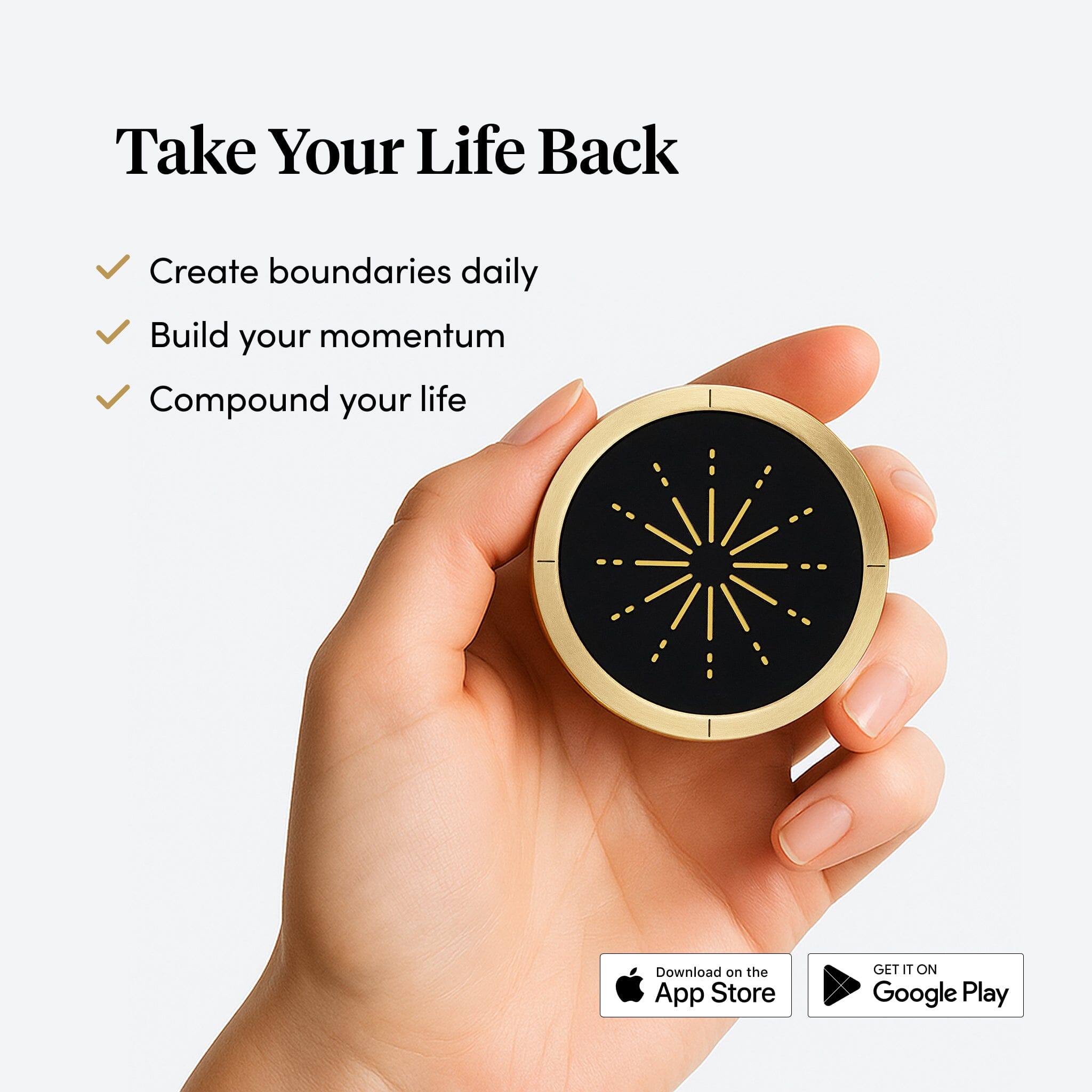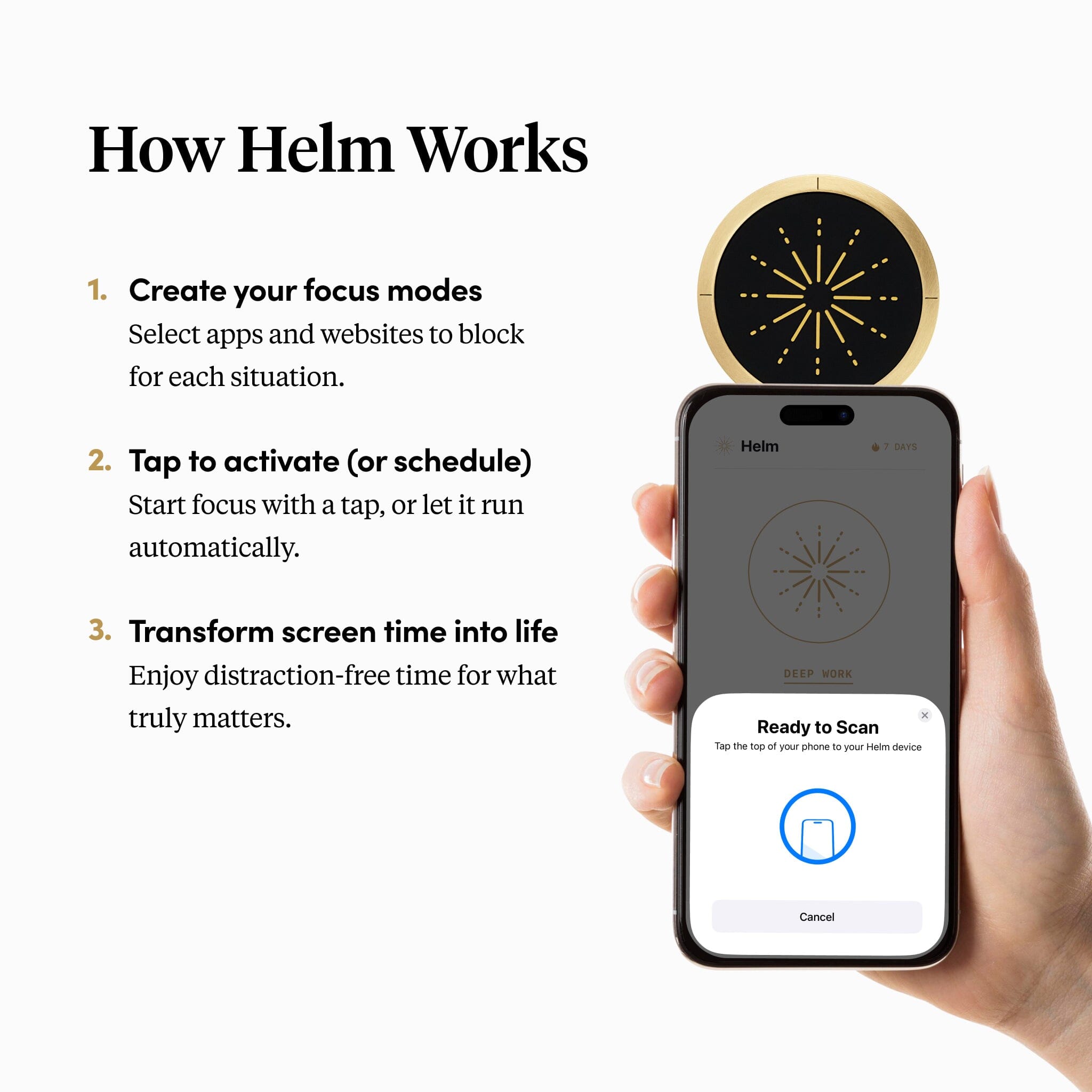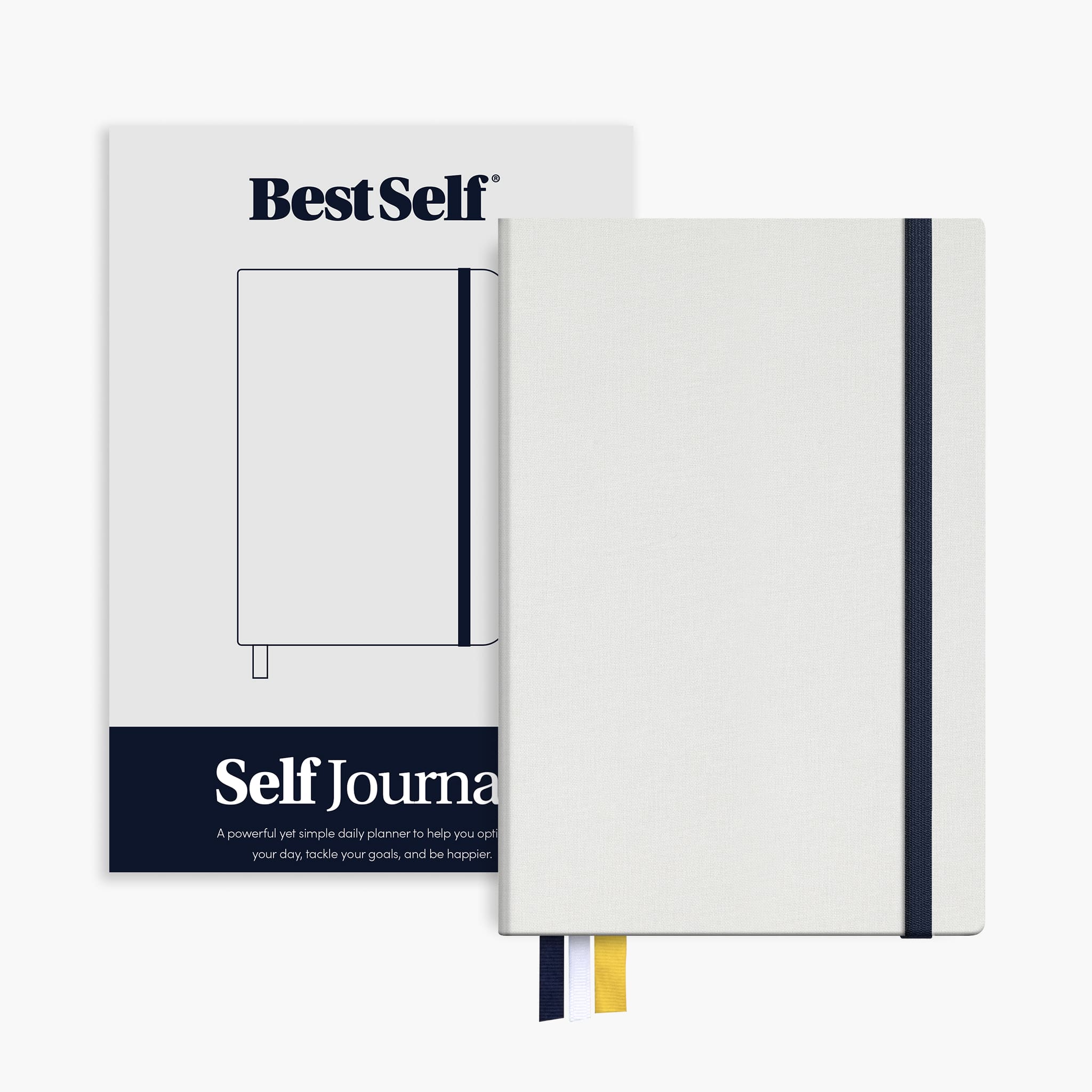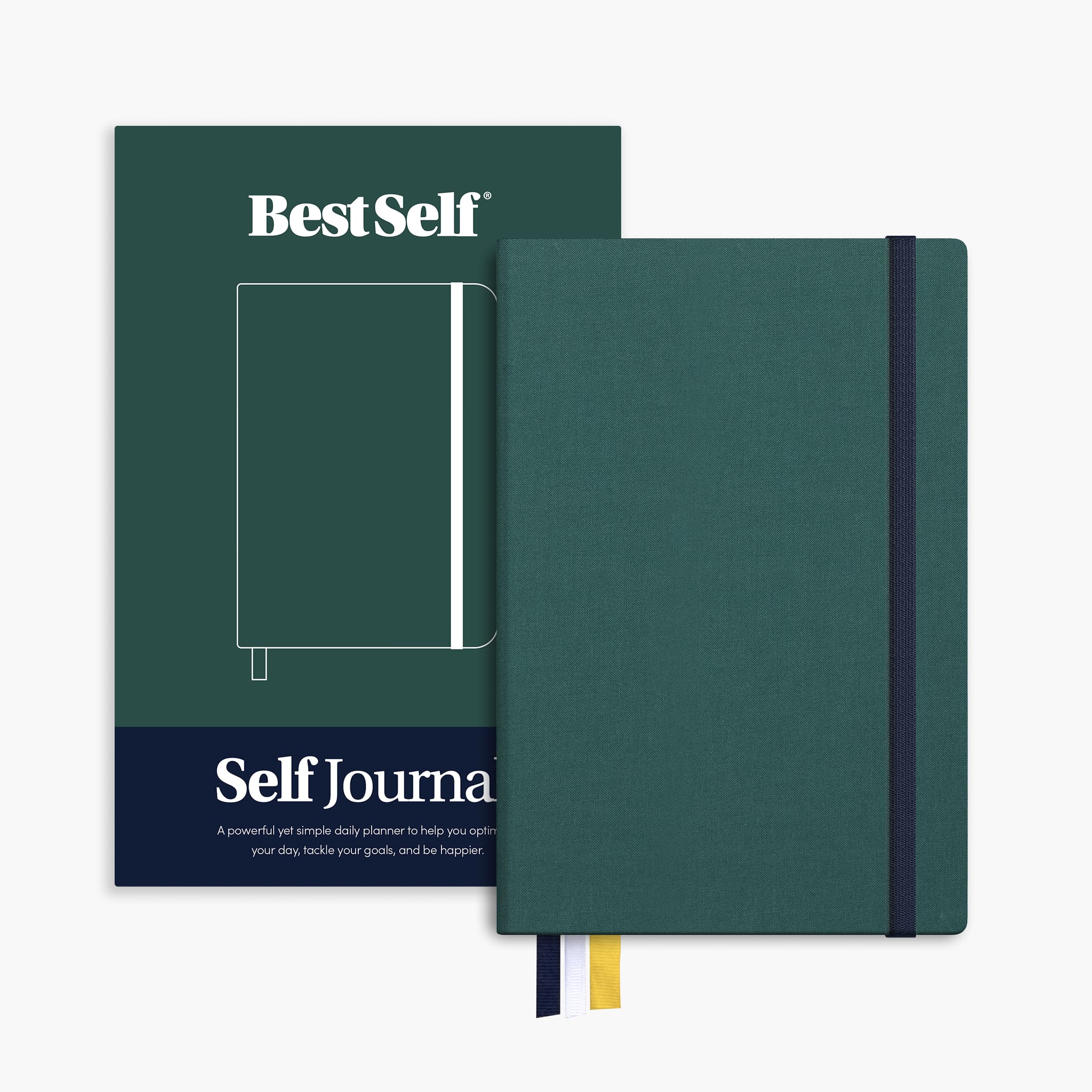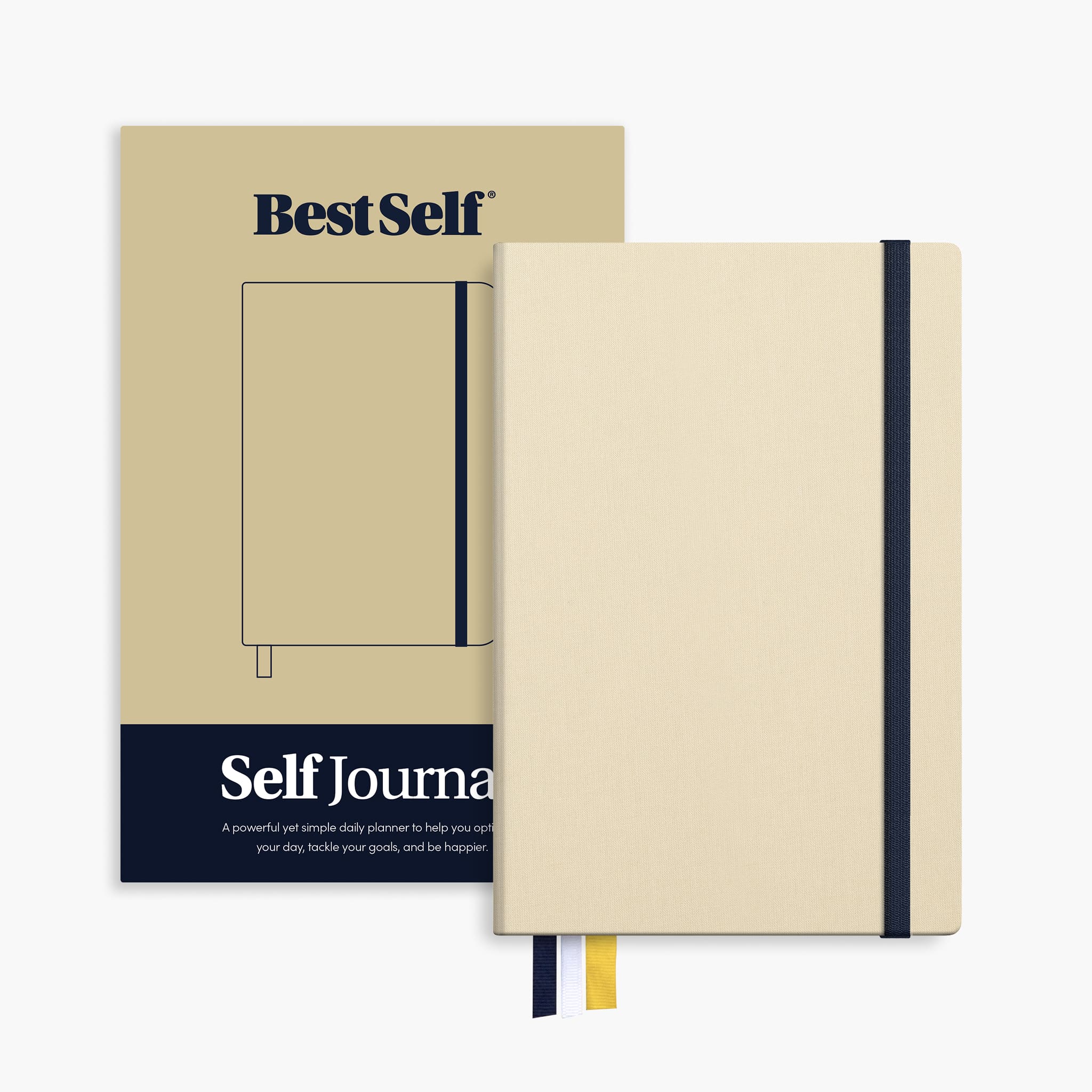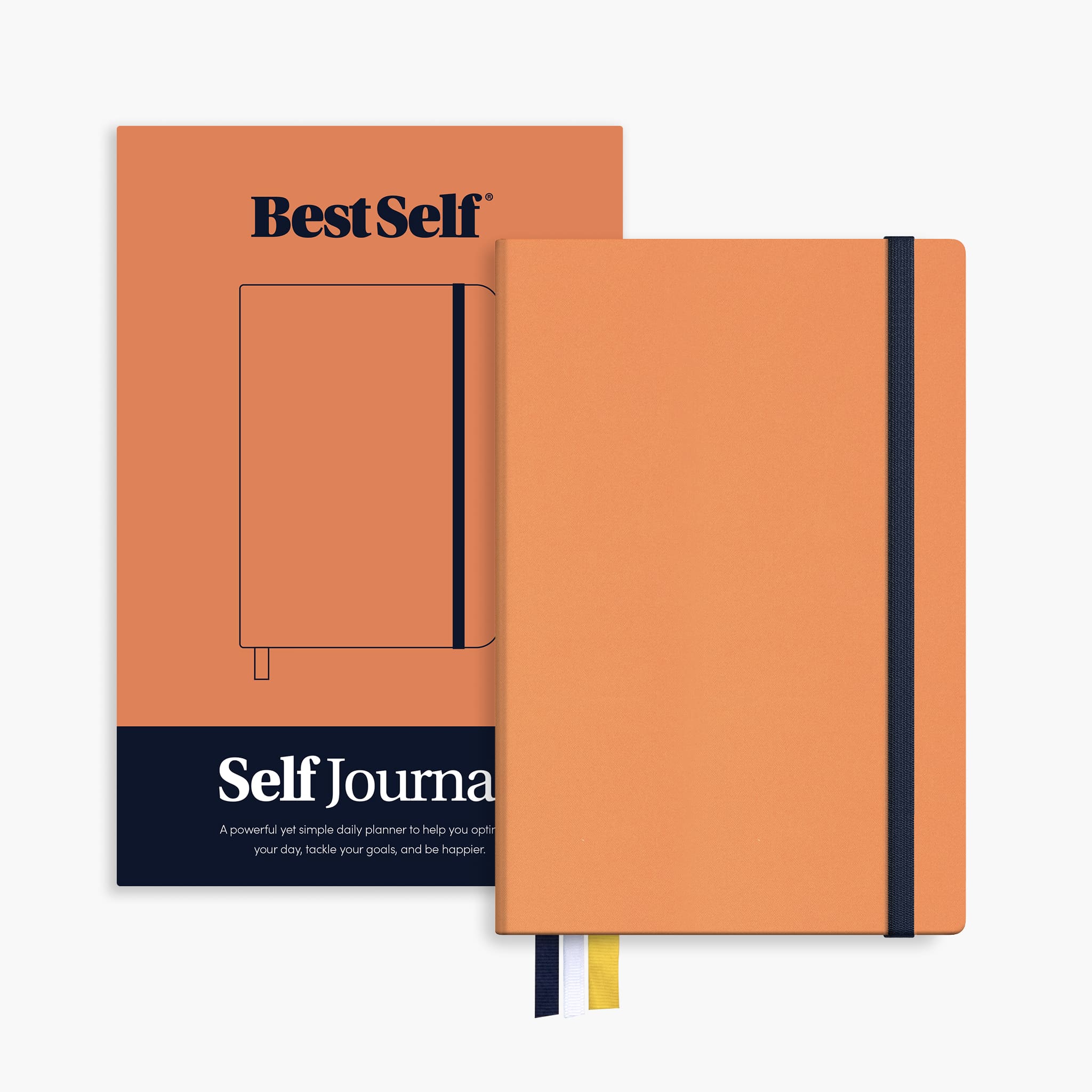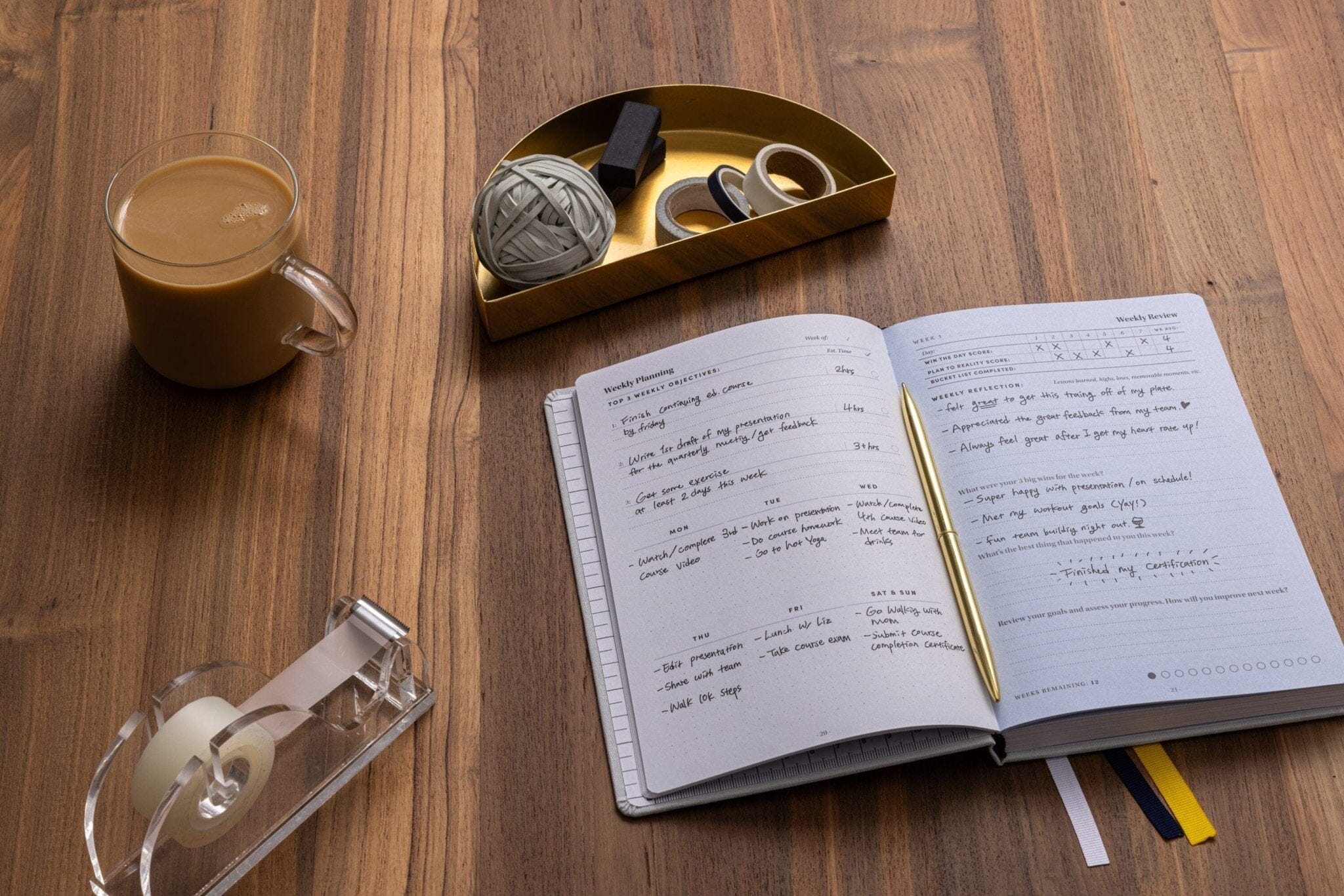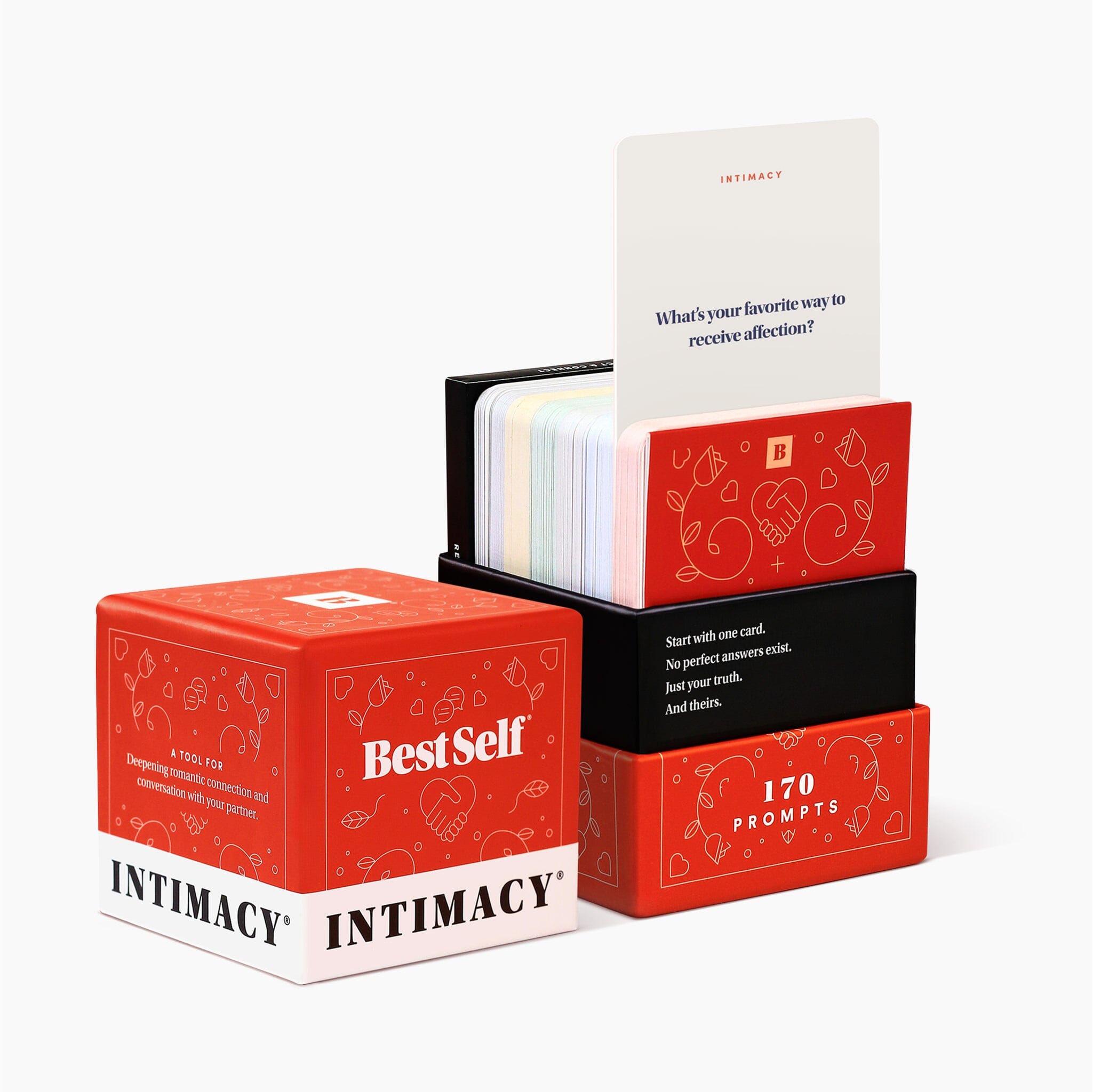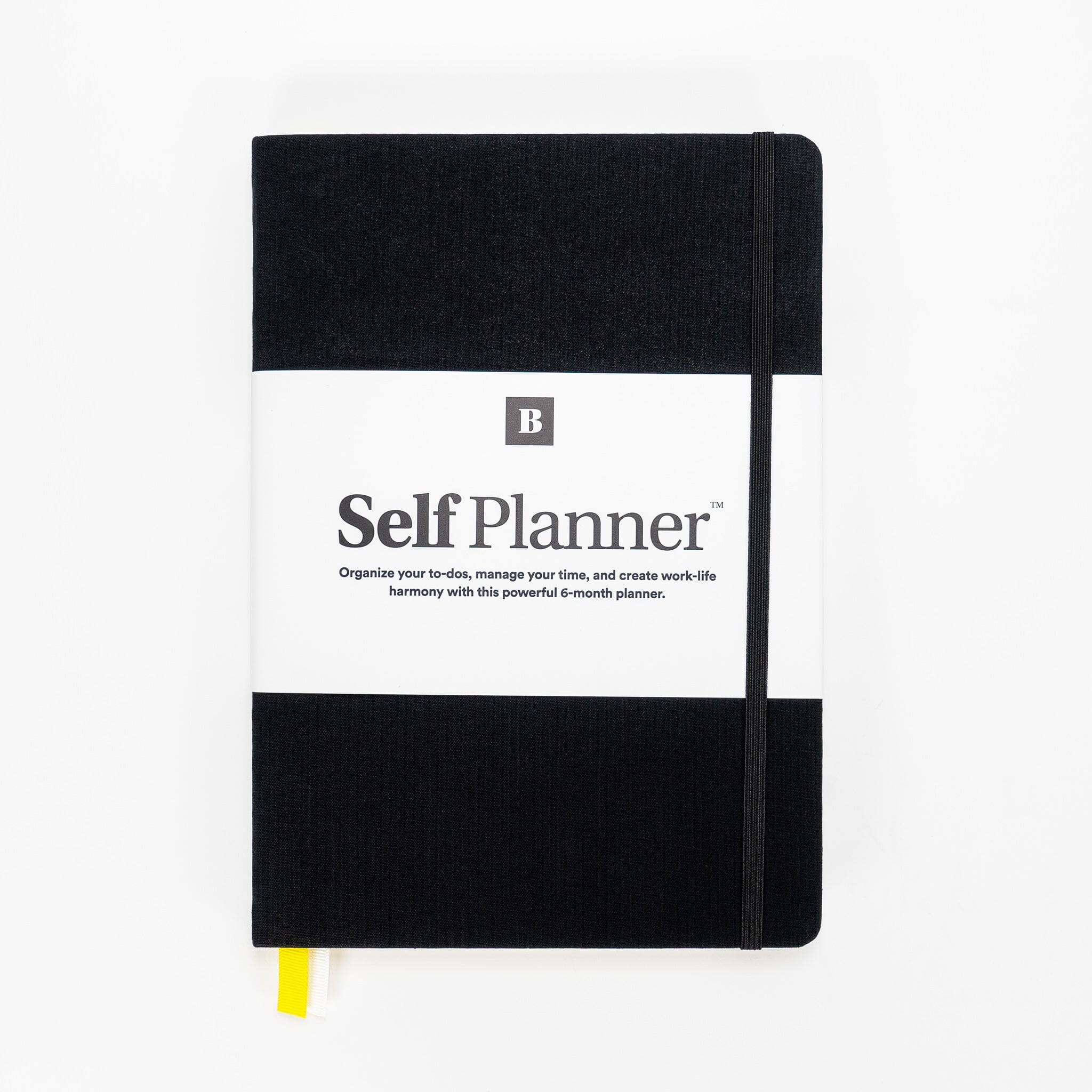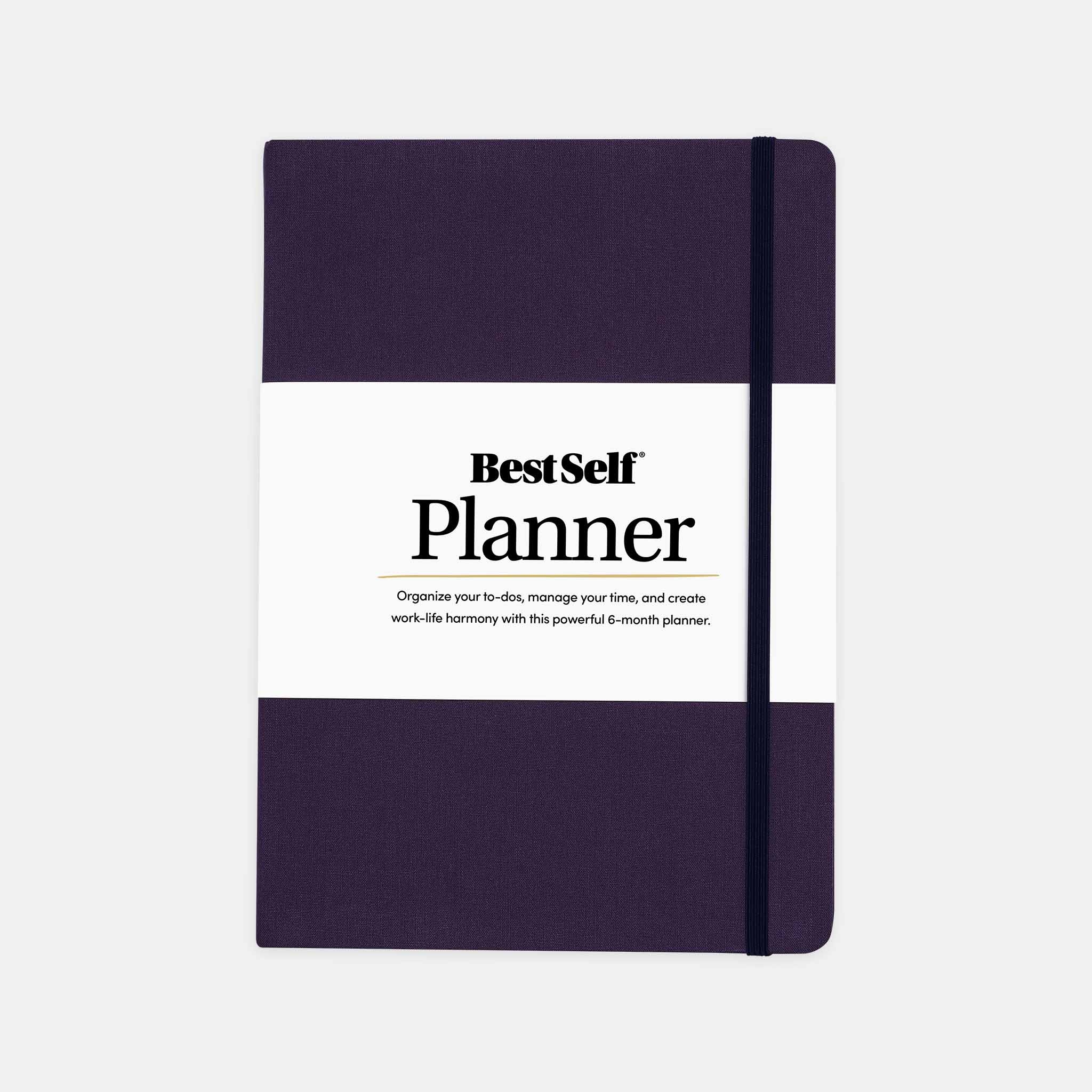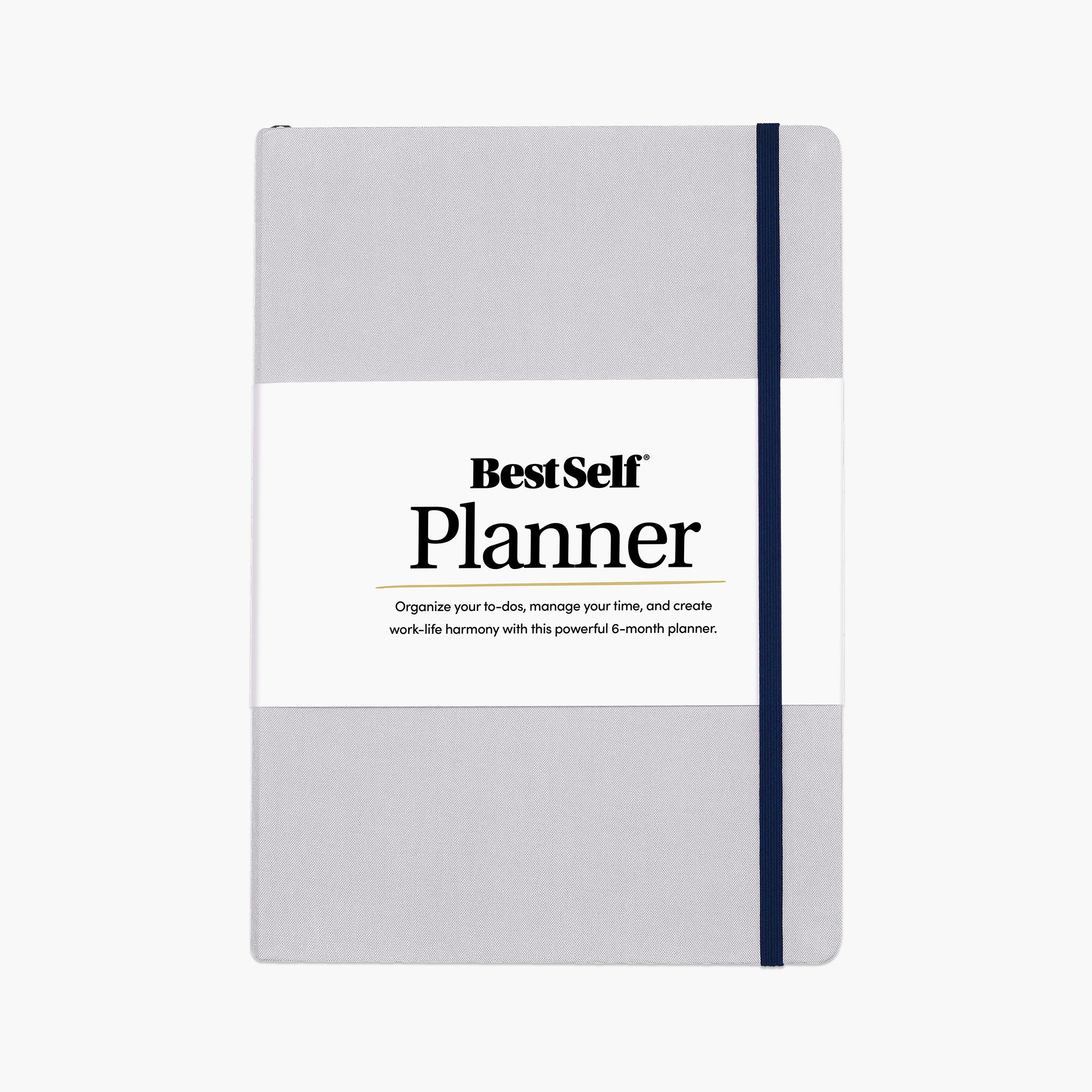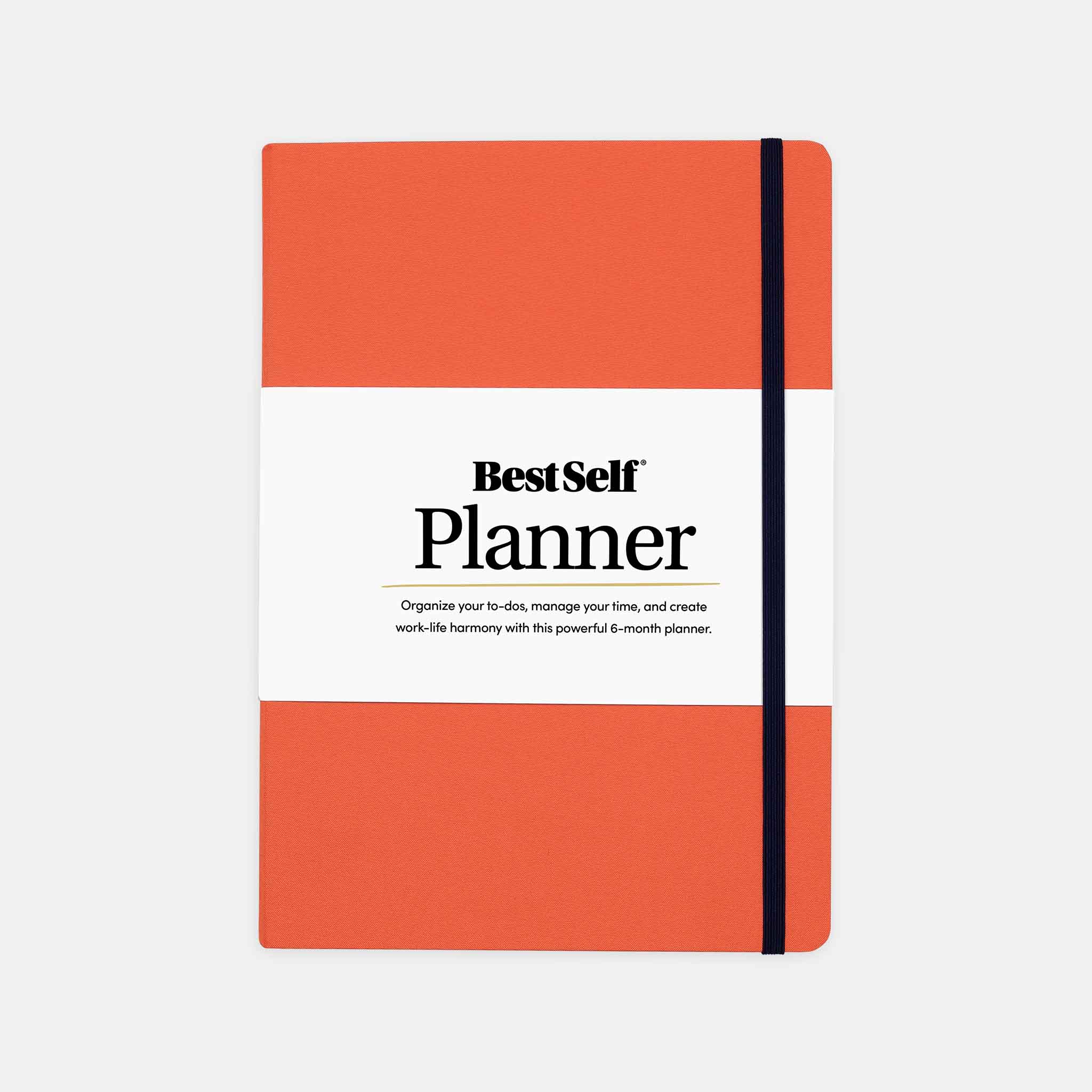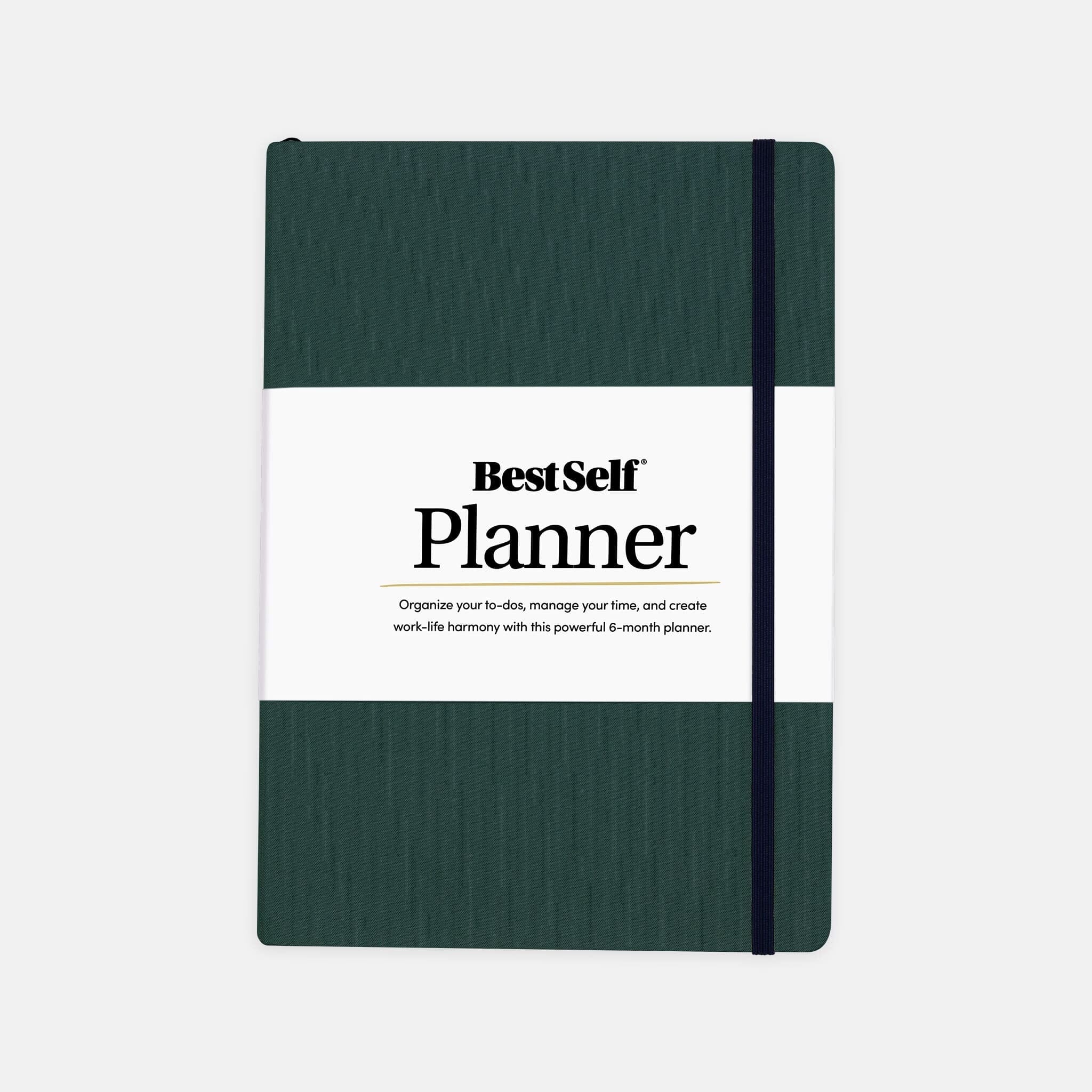Studying doesn't have to be a daunting task. With the right approach, it can be an enjoyable and productive experience, leading to better understanding and retention of information. Finding the right study methods is key to making learning more effective and enjoyable.
Everyone learns differently, and that's okay. Some people need to see information, while others need to hear it. Recognizing your unique learning style is the first step in creating an effective study plan that works for you. By matching your study habits to how you learn best, you make the most out of your study time.
It's also important to set up a study space that helps you stay focused and motivated. Whether it's a quiet corner in your house or a cozy library nook, the right environment can make a big difference. With a mix of the right techniques and habits, studying can become a powerful tool that helps you reach your goals and achieve success.
Understanding Your Learning Style
Everyone processes information differently, and that's what makes learning unique. Understanding your learning style can help you pick the best study strategies for you. There are three main learning styles: visual, auditory, and kinesthetic.
Visual learners absorb information best when they see it. They might enjoy diagrams, charts, or watching videos related to their subjects. For them, using color-coded notes or mind maps can make complex information more digestible.
Auditory learners, on the other hand, prefer listening. They learn well through discussions, lectures, or recordings. These students might find it helpful to read their notes out loud or use mnemonic devices to remember details.
Lastly, kinesthetic learners need to move while learning. They prefer hands-on experience like experiments or building models. For these learners, activities like drawing diagrams, building projects, or using flashcards while moving can reinforce learning.
By identifying your learning style, you can tailor your study approach. This understanding enhances your ability to grasp information meaningfully. Try integrating methods that suit your style into your routine, like visual aids for visual learners or group discussions for auditory learners. Recognizing and adapting to your learning style not only boosts your confidence but can also make studying more effective and fun.
Creating a Productive Study Environment
The environment you study in impacts your focus and productivity. A well-organized study space helps you stay on track and complete tasks more efficiently. To create a productive space, consider these key elements.
1. Lighting: Ensure your space is well-lit. Natural light is best, but if that's not possible, use a good lamp. Proper lighting reduces eye strain and keeps you alert.
2. Organization: Keep your space tidy and clutter-free. Have all your materials like pens, notebooks, and textbooks within reach. A neat area reduces distractions and helps you focus on your work.
3. Distractions: Minimize noise and interruptions by choosing a quiet spot or using noise-cancelling headphones. Turn off notifications on devices to concentrate better.
A dedicated study area distinguishes study time from relaxation time, helping your brain switch into "work mode" when you're in this space. Personalize your environment to make it comfortable, like adding a cushion or adjusting the chair height.
A supportive and comfortable study space goes a long way in promoting sustained concentration and productivity. By crafting an environment tailored to your needs, studying can become a more enjoyable and focused part of your day.
Utilizing Effective Study Techniques
To make the most out of your study sessions, using effective techniques can be a game-changer. One popular method is spaced repetition. This technique involves reviewing information at increasing intervals over time. For example, if you're trying to memorize vocabulary words, you might review them today, in two days, a week later, and so on. This helps reinforce what you’ve learned, making it stick for longer periods.
Active recall is another powerful strategy. It involves testing yourself on the material you’ve learned, rather than just rereading it. For instance, after studying a chapter, close the book and try to recall what you just read—without peeking. This active engagement strengthens your memory and enhances understanding.
Mind mapping is great for visual learners or when dealing with complex subjects. It involves drawing diagrams that represent concepts and their connections. When studying history, for example, you could create a mind map linking key events, people, and outcomes, making it easier to see the big picture.
Using a mix of these techniques keeps studying dynamic and effective. With varied methods, you engage with the material in multiple ways, improving retention and making learning more enjoyable.
Developing a Consistent Study Routine
A well-structured study routine can make a big difference in your learning journey. Start by setting a regular study schedule. Determine when you're most alert and dedicate that time solely for studying. Whether it's early in the morning or late afternoon, having a routine helps your brain recognize it's time to focus.
Incorporate breaks into your study sessions to keep your mind fresh. A popular method is the Pomodoro Technique, where you work for 25 minutes and then take a 5-minute break. This helps prevent burnout and maintains your focus during longer study sessions.
Balancing study with relaxation is crucial. Besides short breaks, ensure you have downtime to recharge. Engage in activities you love, like playing sports or hanging out with friends. This balance keeps studying from feeling overwhelming.
Regularly reviewing your notes is essential, too. Set aside time each week to go over past material. This constant reinforcement ensures information remains fresh and helps identify areas needing more attention. With a consistent study routine, you'll find learning becomes a natural and stress-free part of your life.
Conclusion
Developing strong study habits opens doors to endless opportunities. By understanding your learning style and crafting a productive study space, you lay a solid foundation for success. Integrating powerful techniques like spaced repetition and active recall further enhances your ability to retain information. Along with a consistent routine, these habits transform learning from a task into an enriching experience.
Empower your learning journey with the right tools and strategies. At BestSelf Co., our personal development journals are designed to support your personal growth, providing structure and motivation. Reach your academic goals by embracing methods that work for you. Discover how our resources can become a key part of your study plan today.
